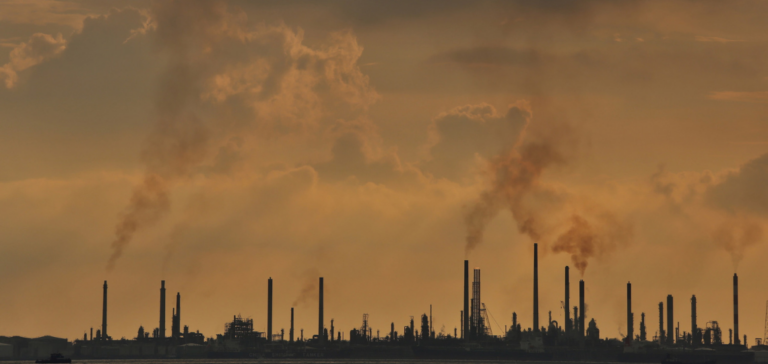Singapore took a significant step forward in its environmental strategy by signing Memoranda of Understanding (MOUs) with Rwanda and Fiji at the United Nations Climate Change Conference in Dubai. These agreements enable Singaporean companies to acquire international carbon credits to offset their emissions, a growing necessity in the face of Singapore’s impending carbon tax increase.
Alignment with Article 6 Requirements
These MOUs are in line with the requirements of Article 6 of the Paris Agreement, guaranteeing the avoidance of double counting of carbon credits. This transparent and accountable approach is essential to maintain the integrity of the carbon offset system and to reinforce Singapore’s environmental commitment.
Expansion of Singapore’s MOU network
The signing of these MOUs with Rwanda and Fiji is part of Singapore’s overall strategy to establish extensive international collaboration. With similar agreements already in place with many other countries, Singapore is demonstrating its commitment to a collaborative, global approach to environmental issues.
International Agreements and Negotiations
At the same time, Singapore is pursuing in-depth negotiations on the details of Article 6 implementation with other countries, underlining the complexity and importance of these frameworks. These efforts, combined with similar agreements signed by other countries, illustrate a growing trend towards environmental collaboration on a global scale.
Assessment of Carbon Credits and Future Perspectives
Platts’ valuation of carbon credits at $4/mtCO2e offers a glimpse of the potential of carbon markets to stimulate meaningful climate action. These developments pave the way for a better understanding and use of carbon credits in the fight against climate change.
Singapore’s recent agreements with Rwanda and Fiji, under Article 6 of the Paris Agreement, mark an important step forward in the global fight against climate change. By establishing international partnerships for carbon trading, Singapore is demonstrating a proactive and collaborative approach to achieving its environmental goals.





















